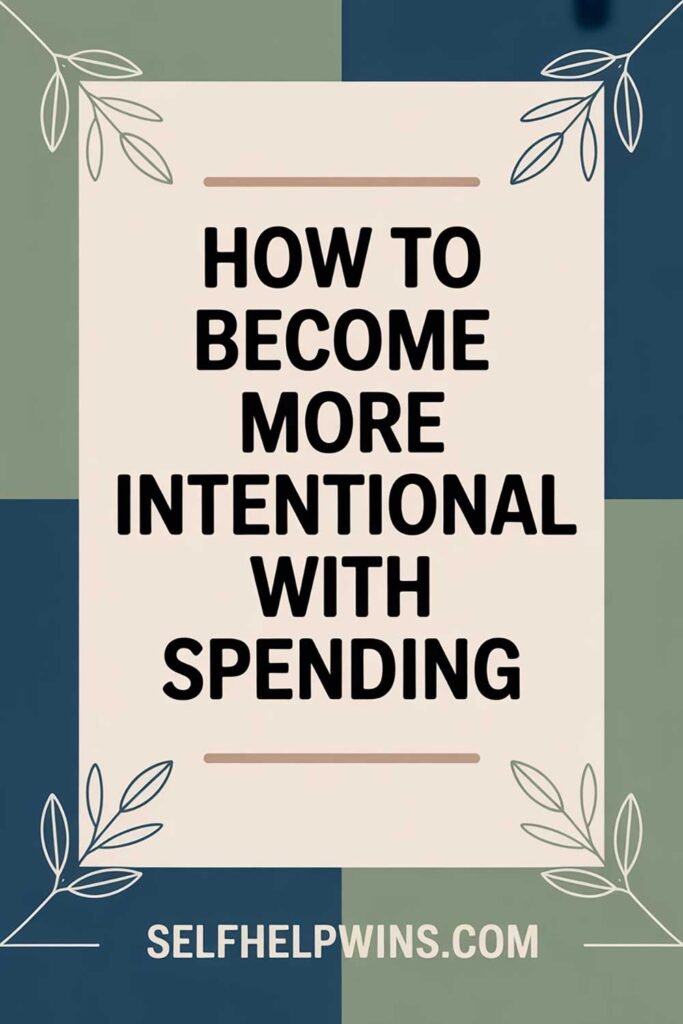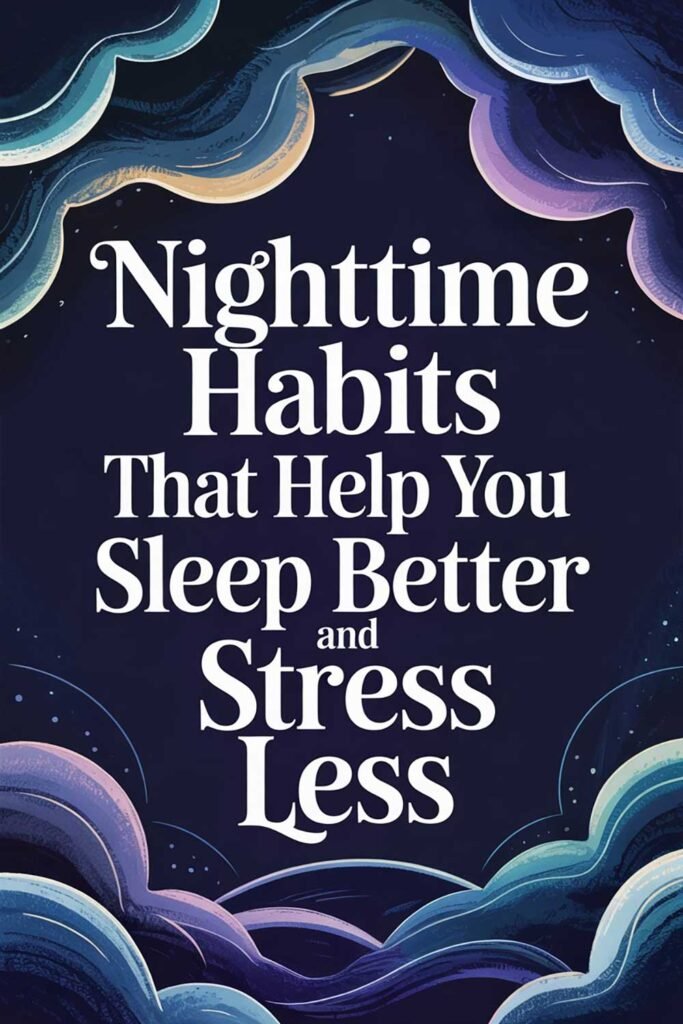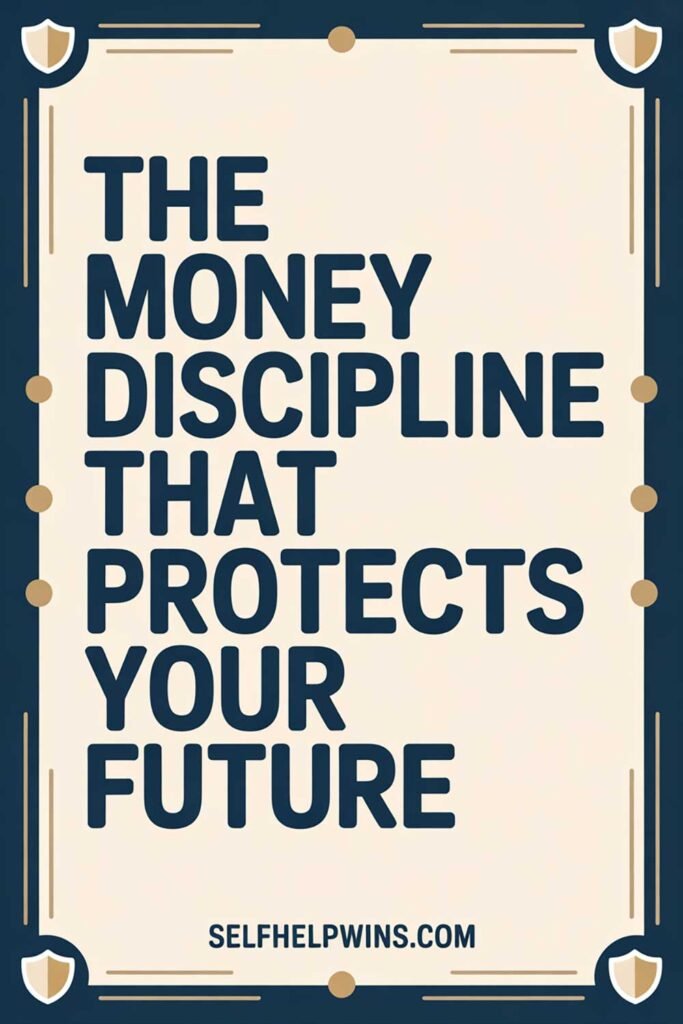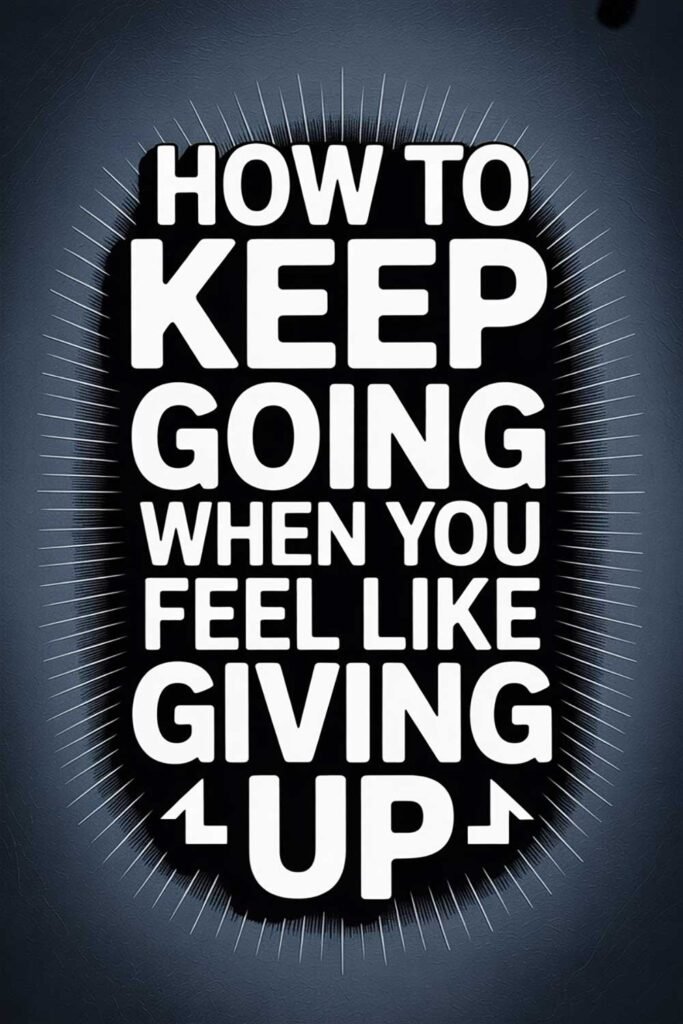How to Declutter Your Mind: Mental Minimalism Tips
In today’s world, our minds often resemble cluttered rooms—overflowing with thoughts, to-dos, regrets, worries, and future plans. If you’ve ever felt mentally drained, overwhelmed, or unable to focus, you’re not alone. Mental clutter is real—and learning how to declutter your mind through mental minimalism could be one of the most powerful things you ever do for your peace and productivity.

What Is Mental Minimalism?
Mental minimalism is the intentional practice of simplifying your thoughts, mental tasks, and emotional burdens to create mental clarity. Much like physical minimalism focuses on clearing out unnecessary material possessions, mental minimalism focuses on streamlining what occupies your headspace. It’s about focusing on what matters, letting go of what doesn’t, and creating more room for peace, purpose, and mindfulness.
1. Start With a Mental Dump
Before you can declutter, you need to know what’s in the clutter.
Grab a notebook and spend 10–15 minutes writing down everything that’s on your mind—your worries, to-do lists, reminders, thoughts about people, random anxieties, decisions you need to make. This is called a brain dump.
Why this works: It takes the chaos in your head and puts it somewhere visible. When thoughts are externalized, they lose power over you and become actionable or dismissible.
Real-life example:
Sarah, a busy mom and freelance writer, found herself constantly overwhelmed by her mental load. She started doing brain dumps each morning, which helped her distinguish between what was urgent and what was just noise. Within a week, she reported feeling 40% less anxious.
2. Limit Your Daily Inputs
Mental clutter often stems from too much information. Social media, emails, news, podcasts—our minds are constantly flooded.
How to fix it:
- Limit social media use to set times of day.
- Unsubscribe from email newsletters that don’t serve you.
- Choose 1–2 reliable news sources and limit checking them to once a day.
- Practice the one-tab rule when browsing the internet.
Real-life example:
Jason, a startup founder, found himself checking email and Twitter compulsively. He installed an app blocker and started checking his feeds only during lunch. The result? Increased focus, better sleep, and less stress.
3. Prioritize Restorative Activities
Mental clutter thrives when your brain doesn’t get a chance to rest or recharge.
Try:
- Walking in nature (without a phone).
- Meditation or breathwork for 5–10 minutes daily.
- Listening to calming instrumental music.
- Practicing yoga or gentle movement.
Real-life example:
Elena, a school counselor, began a 10-minute mindfulness practice before work each day. Over time, she became more centered and emotionally balanced, even during high-stress days.
4. Say “No” More Often
One major source of mental clutter is overcommitting. Every “yes” takes up space in your head—whether it’s to a project, social event, or obligation.
Ask yourself:
- Does this align with my current goals or values?
- Will saying yes create more mental stress?
Real-life example:
Mike, an accountant, found himself attending events he didn’t enjoy. When he started saying “no” more frequently, he noticed a major boost in energy and clarity.
5. Declutter Your Physical Space
There’s a strong link between physical clutter and mental clutter. Your surroundings influence your mental state.
Tips:
- Clear your desk at the end of each day.
- Keep your bedroom minimal and serene.
- Remove visible clutter from high-use areas like kitchens or bathrooms.
Real-life example:
Natalie, a remote worker, transformed her cluttered home office into a minimalist space. As a result, her focus and motivation improved significantly.
6. Reduce Decision Fatigue
We make thousands of decisions daily. Too many choices can overwhelm the mind.
How to reduce decision fatigue:
- Meal prep or eat similar meals during the week.
- Plan your outfits the night before.
- Use routines and checklists to reduce daily decision-making.
Real-life example:
David, a father of three, simplified his mornings by creating a weekly meal plan and using a recurring shopping list. His mornings became smoother, and he experienced fewer mental meltdowns during the day.
7. Journal for Clarity
Journaling helps process emotions, track thought patterns, and resolve internal conflict.
Try prompts like:
- “What’s taking up the most space in my mind right now?”
- “What can I let go of today?”
- “What do I truly need to focus on?”
Real-life example:
Monica, a nurse, journaled for five minutes each night. It helped her release negative thoughts and sleep more peacefully.
8. Set Clear Mental Boundaries
Not every thought deserves your attention. Not every problem is yours to solve.
Mental boundaries protect your energy. This includes:
- Detaching from other people’s emotional drama.
- Recognizing when overthinking is taking over.
- Mentally “closing the tab” on things you can’t control.
Real-life example:
Jake, a high school teacher, stopped taking work-related problems home by mentally “clocking out” during his drive home. His stress levels dropped and home life improved.
9. Limit Multitasking
Multitasking leads to mental scatter. It splits your attention and creates more mental residue.
Instead, embrace single-tasking:
- Turn off notifications.
- Set timers for focused work.
- Batch similar tasks together.
Real-life example:
Ava, a digital content creator, switched from multitasking to 25-minute Pomodoro work blocks. Her content quality improved, and her stress decreased.
10. Practice Digital Minimalism
Your digital life needs decluttering too.
Tips:
- Organize your desktop and phone apps.
- Turn off non-essential notifications.
- Unfollow accounts that drain you emotionally.
- Schedule “screen-free” hours.
Real-life example:
Leo deleted 50% of the apps from his phone and turned off all push notifications. He reported feeling calmer, more focused, and more present in real life.
11. Embrace Silence and Solitude
Silence gives your brain time to integrate, reflect, and restore.
Ways to embrace more silence:
- Take quiet morning walks.
- Drive without the radio on.
- Spend time in nature without distractions.
Real-life example:
Amira took a 30-minute silent walk each day without her phone. It became her most peaceful time of day and gave her mental clarity.
12. Focus on the Present
A cluttered mind often lives in the past or future.
Mindfulness practices can bring you back to the now:
- Do one thing at a time.
- Pay attention to your breath.
- Use grounding techniques like feeling your feet on the floor.
Real-life example:
Trevor, a lawyer, battled anxiety until he began practicing mindfulness during coffee breaks. His calmness increased, and decision-making improved.
20 Inspirational Quotes About Decluttering Your Mind
- “Your mind is a garden. Your thoughts are the seeds.” – Anonymous
- “Clutter is not just the stuff on your floor—it’s anything that stands between you and the life you want to be living.” – Peter Walsh
- “Almost everything will work again if you unplug it for a few minutes… including you.” – Anne Lamott
- “You can’t reach for anything new if your hands are full of yesterday’s junk.” – Louise Smith
- “Peace is not the absence of conflict, but the ability to cope with it.” – Mahatma Gandhi
- “The ability to simplify means to eliminate the unnecessary so that the necessary may speak.” – Hans Hofmann
- “Sometimes letting things go is an act of far greater power than defending or hanging on.” – Eckhart Tolle
- “Clarity comes from action, not thought.” – Marie Forleo
- “Empty your mind. Be formless, shapeless, like water.” – Bruce Lee
- “Simplicity is the ultimate sophistication.” – Leonardo da Vinci
- “If you want to fly, you have to give up the things that weigh you down.” – Toni Morrison
- “Minimalism isn’t about removing things you love. It’s about removing the things that distract you from the things you love.” – Joshua Becker
- “Happiness is not having a lot. Happiness is giving a lot.” – Buddha
- “Let go of the thoughts that don’t make you strong.” – Karen Salmansohn
- “The less you respond to negativity, the more peaceful your life becomes.” – Anonymous
- “Don’t believe everything you think.” – Byron Katie
- “Silence is a source of great strength.” – Lao Tzu
- “It’s not the load that breaks you down, it’s the way you carry it.” – Lena Horne
- “You deserve a life that isn’t constantly running on mental overload.” – Anonymous
- “Space is not just physical—it’s emotional, mental, and spiritual too.” – Anonymous
🧠 Picture This
You wake up in the morning and your thoughts aren’t racing. Your phone is still on silent, and you’re not frantically scrolling. The sunlight hits your minimalist desk—no clutter, no chaos. You feel calm. Your journal is open with just a few clear priorities. You breathe deeply, smile, and feel light. You’re no longer buried beneath your own mind. You’ve made space—for clarity, for joy, for life.
Wouldn’t that feel amazing? What’s the first step you’ll take today to make that happen?
💬 Please Share This Article
If this article helped bring you closer to peace or gave you tools to declutter your mind, please share it with someone you care about. Whether it’s a friend overwhelmed by life or someone who just needs more calm, sharing is a gift.
⚠️ Disclaimer
This article is based on personal experience and research and is meant for informational purposes only. It does not substitute professional medical, psychological, or therapeutic advice. Please consult a licensed expert for any mental health concerns. All results may vary.






